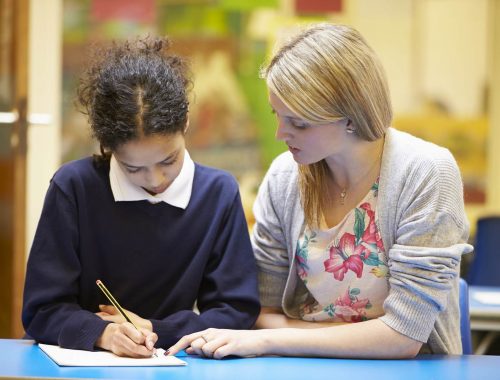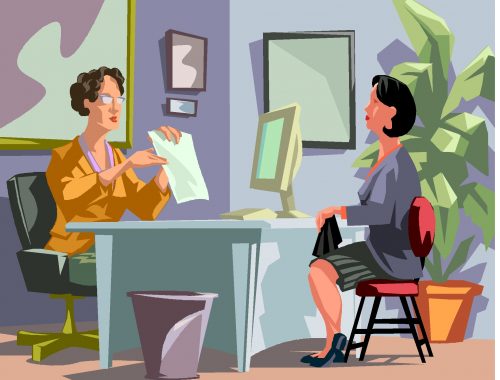Simulated Interview Reflection
Description
For this simulated interview I applied to a freelance studio assistant in London, doing various jobs around studios assisting with whatever tasks needed. I applied to this job through Mandy, a website that presents job opportunities that are posted by the company directly. I picked this job because I knew with my experience working on set, and the entry level requirements of it, I would be able to get directly involved with the photography and film world, gaining valuable insight. For the interview I prepared by looking over past reflective assignments I had written about my work on set, previous projects I had been a part of, and even my communication skills by reading over the work group chats of said projects. I drew from both my own reflections and also those interactions to build my answers accordingly, even drawing from anecdotes and stories that occurred on set.
Reflection
The interview itself felt relaxed and within the confines of my knowledge. Throughout the interview I tried to keep a light and earnest tone, however keeping within the parameters of seriousness and professionalism that is expected. However it is true that my answers could become vague at times, which would lead me to unsettle my line of thinking as I would catch myself out midway through a sentence or a point and would try and correct it on the spot
Evaluation
The preparation for the interview was effective and relevant, and especially helpful in giving me the confidence by having a solid foundation to build my answers and my general tone on. The presentation and communication throughout the interview was effective and my passion and interest for the industry and specifically the job were displayed clearly throughout. That being said, I learned a lot about having to make my answers more specific and concise to the question than they were, as at times they could become a bit vague, which is detrimental. Despite this I could tell I made a good impact thanks to body language and presence, as I was very comfortable throughout, assuming a relaxed yet interested body language and maintaining eye contact when possible. I also used light jokes in order to alleviate the pre existing tension of an interview.
The Gibbs reflective cycle
I used the Gibbs reflective cycle due to how instinctive it feels to apply to a reflection process and the interview reflection in particular. It feels like a natural way to analyze and break down my experience and apply self criticism in order to learn more from the process than I would have otherwise. The six step process allows me to categorize and organize my experience and thoughts in order to pick each apart and fully understand each step. This process was very eye opening for me as now I realize past modes of reflection were not as effective as I may have thought. This may be because, as Moon states “reflection lacks conceptual clarity because of concerns with the reflective methodology and the process outcome” . Organizing my reflection and thoughts was very helpful to my learning and reflective experience. For me, the Gibbs reflective cycle provided an “excellent framework for thinking about how to approach a particular situation or experience, and to learn from it.” (Johnstone).
Conclusion
This process of reflection for the simulated interview taught me a lot about how to approach interviews in the future. As I have only ever had interviews for part time jobs in the hospitality section and never in a creative professional sector. While it is true that you can apply general interview skills to this sector I realized that I need to be much more concise and specific with my answers and my general tone. This can lead to more specificity during the preparation and perhaps a more concentrated and professional attitude during the interview itself in order not to have to backtrack on my thoughts as I talk to the interviewers. As aforementioned, I had never employed any method of reflection like the Gibbs model before, and it adapted itself very well to my line of thinking and self criticism, and in many ways improved it as it allowed me to structure my thoughts much clearly and understandably than if I just took the interview as a whole and tried to break it down from there.
Action Plan
Employing this reflective cycle into my life and taking it into consideration before going into any interviews will be very helpful for future moments. I will review the feedback I got in more detail and understand exactly the root of what exactly was causing me to give my answers in the manner I did. I will also be watching interview videos and examples and trying to apply this reflective model of criticism to those in order to test if I understand and am able to apply to others as well as myself, and learn from their strengths and shortcomings. This was partly done during the interview session itself as there were 4 other students being interviewed and me along with others assumed the interviewer position and gave feedback. This was a good learning process overall and the steps I will undertake will only further it.
Bibliography
A.Moon, 2013- A Handbook of Reflective and Experiential Learning
Sue Green,2018- Claiming the Space, Creating the Furue
What If You Are Late At Interview?
You May Also Like

The World of Theatre upon Reflection
30 November 2022
Challenge Accepted Sir!
18 April 2023
